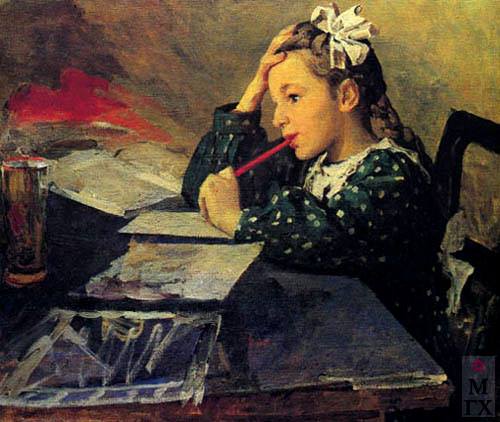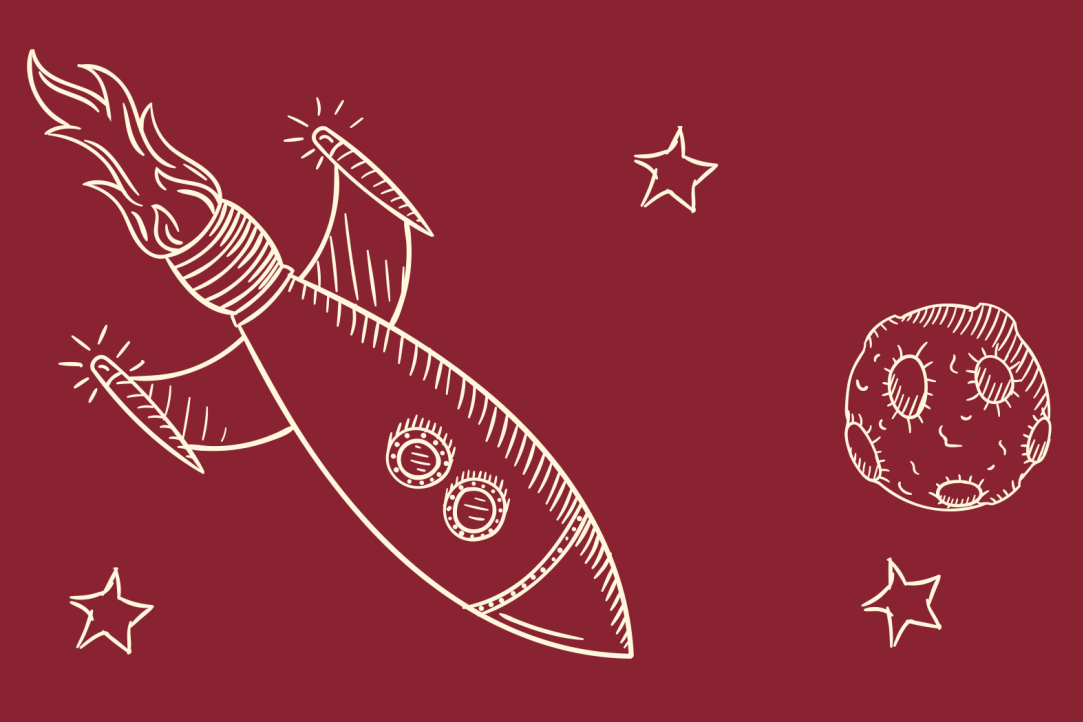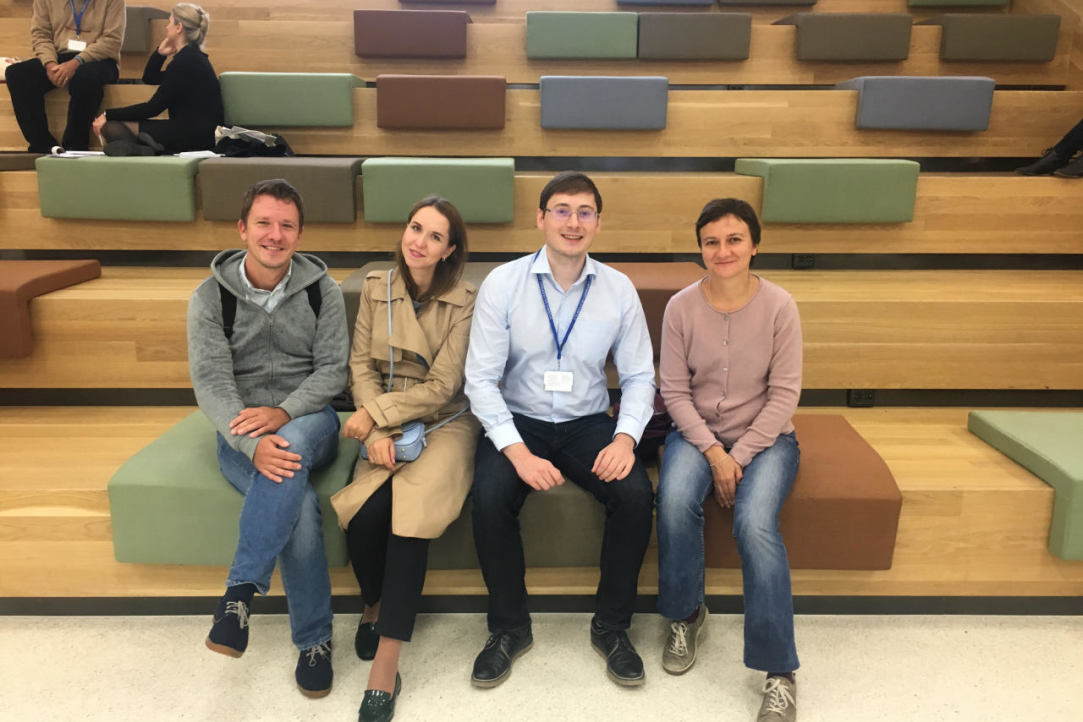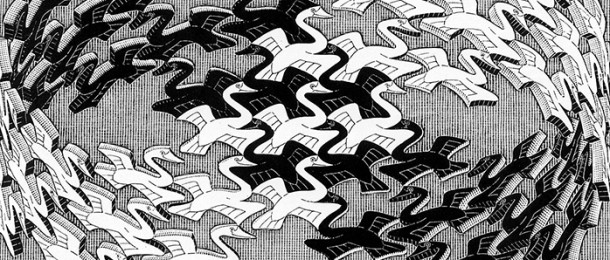
HERB 4(14) Winter 2017 Women in Academia
The winter issue of Higher Education in Russia and Beyond addresses a very relevant topic — position on women in academia.
RSSIA: SCHOOL TO UNCOVER YOUR RESEARCH POTENTIAL
In anticipation of a call for RSSIA 2018 that is due very soon, in December, we have got nostalgic about the past summer and decided to share some details with you.

HERB 3(13) Fall 2017 Higher School of Everything
In 2017, Higher School of Economics turns 25. For a university, this is a very young age, so we will celebrate this milestone in the form of an “anti-anniversary”: we give out presents instead of receiving them, we laugh at ourselves, contemplate about the challenges we face and about how to become even better. This special issue of Higher Education in Russia and Beyond, which discusses the development of our university, is published as part of this “anti-anniversary year.”
François Guillemin – Seeking Adventure while Engaging in Serious Research
In deciding to join HSE as a post-doc fellow in the Center for Institutional Studies), François Guillemin sought to combine a sense of adventure with a post-doctoral experience that would allow him to continue his research in the field of banking regulation. HSE ended up on the top of his list, and he accepted an offer to start this September.
CInSt Publications Digest
We proudly share some of the recent articles by our reserchers: from pre-entry coaching to the Unified State Examination.

CInSt at the 30th Annual Consortium of Higher Education Researchers
Our researchers visited the 30th Annual Consortium of Higher Education Researchers (CHER) conference that took place in Jyväskylä (Finland) this year.

Higher Education in Russia and Beyond 2(12) Summer 2017
The new issue focuses on international students, their importance for higher educational institutions and the change they bring.
Russian Summer School on Institutional Analysis 2017
It is only about a month untill the Russian Summer School on Institutional Analysis 2017 starts. We are excited to share the details with you.
-%D0%BC%D1%83%D0%B6%D1%87%D0%B8%D0%BD%D1%8B%20%D1%83%20%D1%81%D1%82%D0%B5%D0%BD%D1%8B%20%D1%81%20%D0%BF%D0%B0%D0%BB%D1%8C%D1%86%D0%B5%D0%BC%20(%D0%BF%D1%80%D0%B5%D0%BD%D0%B0%D1%82%20%D1%82%D0%B5%D1%81%D1%82%D0%BE%D1%81%D1%82).jpg)
What Else Can Fingers Tell Us?
According to HSE researchers, men with a high 2D:4D ratio (i.e. those whose index finger is longer than their ring finger) tend to be better educated. These findings are presented in the paper «2D: 4D and lifetime educational outcomes: Evidence from the Russian RLMS survey» in Personality and Individual Differences.
Read the new article by HSE vice-rector Maria Yudkevich and research fellow of HSE Institute of Education Elizaveta Sivak
The paper is published in European Educational Research Journal and it studies the dynamics of key characteristics of the academic profession in Russia based on the analysis of university faculty in the two largest cities in Russia – Moscow and St Petersburg.
